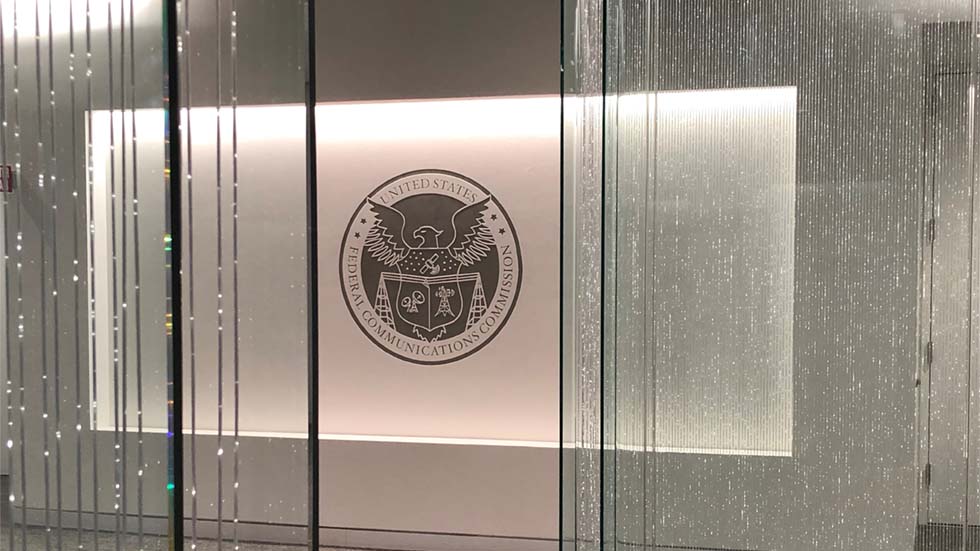FCC Revisits Multilingual EAS
WASHINGTON—Multilingual EAS is again getting attention at the FCC. After Hurricane Sandy, the commission heard how important it was to ensure non-English speaking listeners and viewers can get emergency information. Now, the Public Safety and Homeland Security Bureau wants to “refresh” its record on the issue and is reopening the issue for a third time.
In 2005 the Minority Media and Telecommunications Council petitioned the agency to change its alerting rules to ensure that those who don’t speak English as their primary language have access to the same EAS alerts from state, local and national sources as those who do speak English.
EAS has undergone a number of technological and regulatory changes since then, including the mandated conversion to Common Alerting Protocol-EAS message delivery for broadcasters and cable systems, so the MMTC suggests it’s appropriate for the issue to be revisited. MMTC suggests: “Such a plan could be modeled after the current EAS structure that could include a ‘designated hitter’ approach to identify which stations would step in to broadcast multilingual information if the original non-English speaking station was knocked off air in the wake of a disaster.”
FCC Commissioner Mignon Clyburn says the agency is asking several questions about the details necessary to implement the proposal. “Responses to these questions will help the commission craft specific rules, if necessary, to promote this goal.”
The commission is also asking for comment on the extent to which CAP-based alerting systems have been deployed, particularly at the state level, since the FCC required broadcasters, cable systems and other participants to have the capability to receive CAP-based EAS alerts in 2007. It’s also asking about the multilingual alerting capabilities of these systems. While the FCC mandated the use of CAP-EAS for participants, it cannot mandate the states that issue alerts to use CAP, we’ve reported, though it has been trying to encourage that use.
The commission is asking for comment on how such a proposal might affect PEP stations and LP1s. Comments are due to EB Docket 04-296 30 days after publication in the Federal Register.
Get the TV Tech Newsletter
The professional video industry's #1 source for news, trends and product and tech information. Sign up below.
